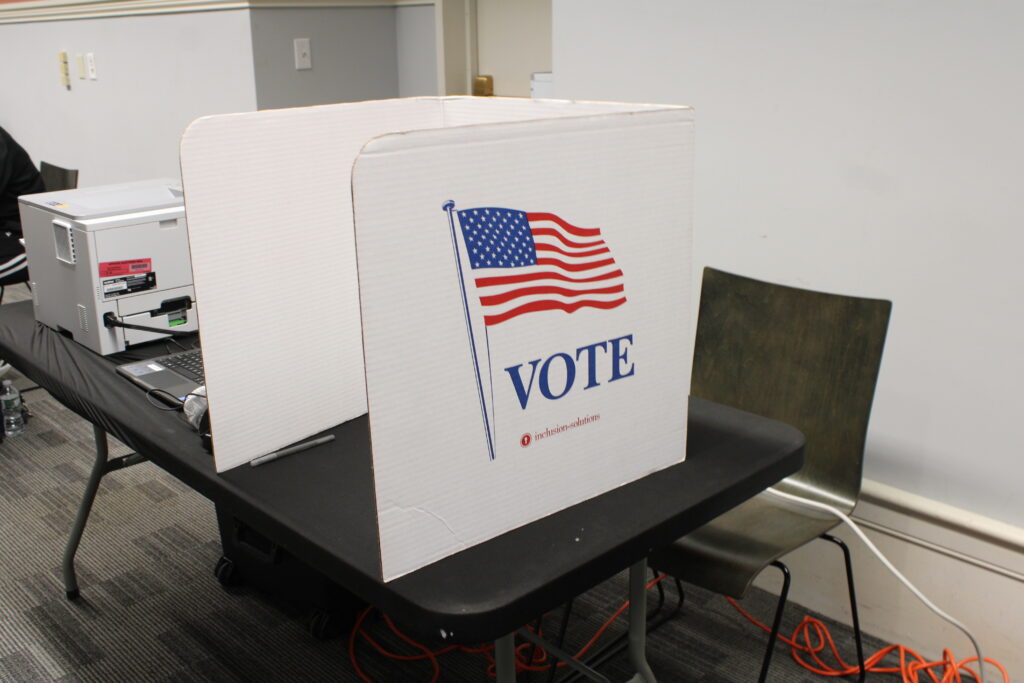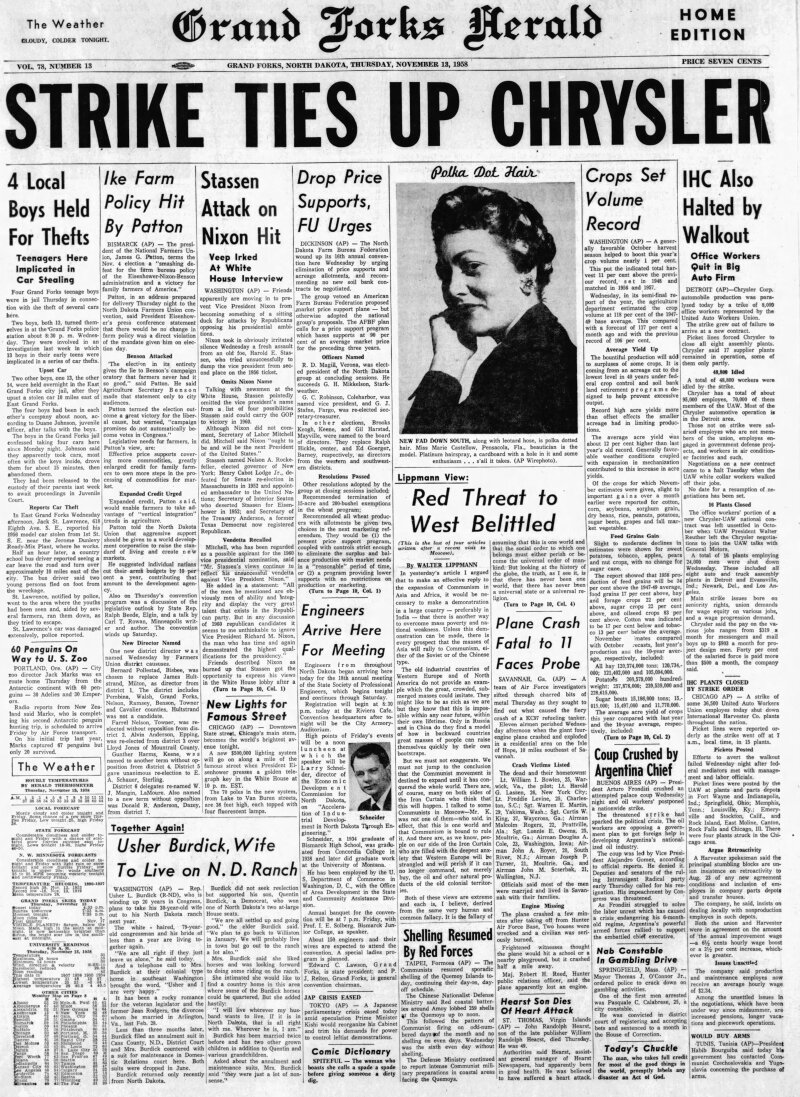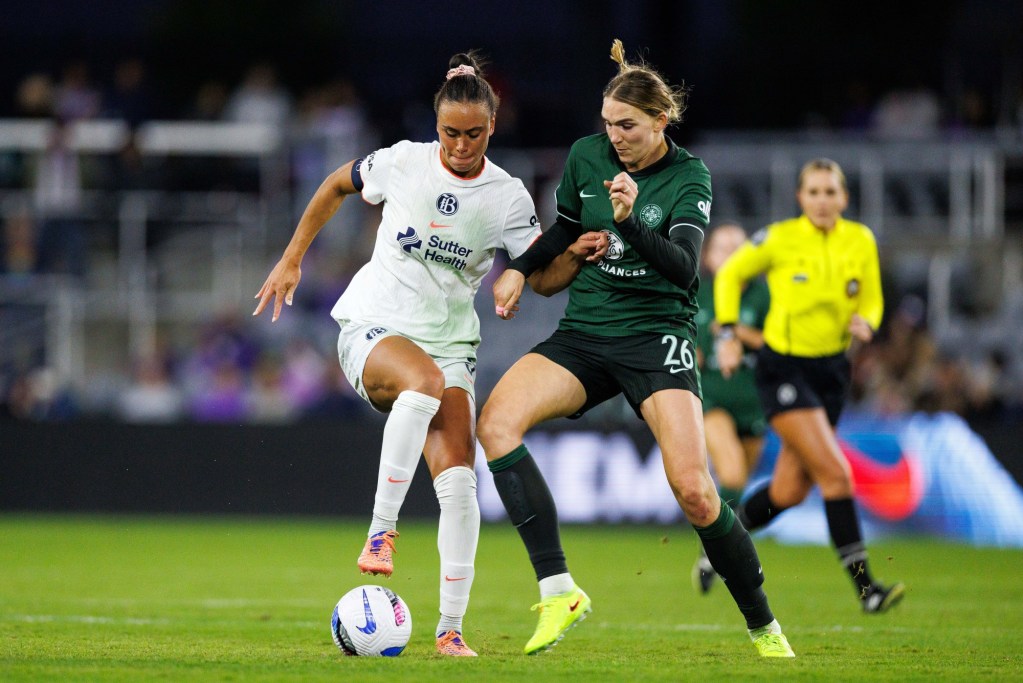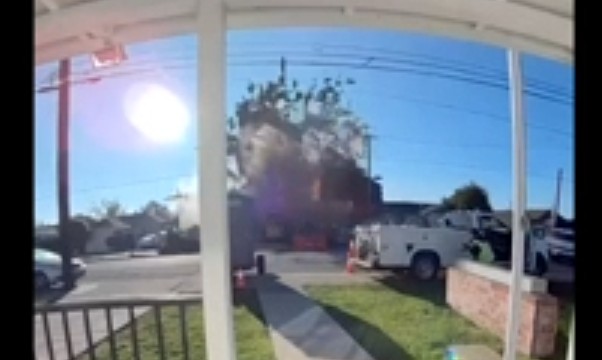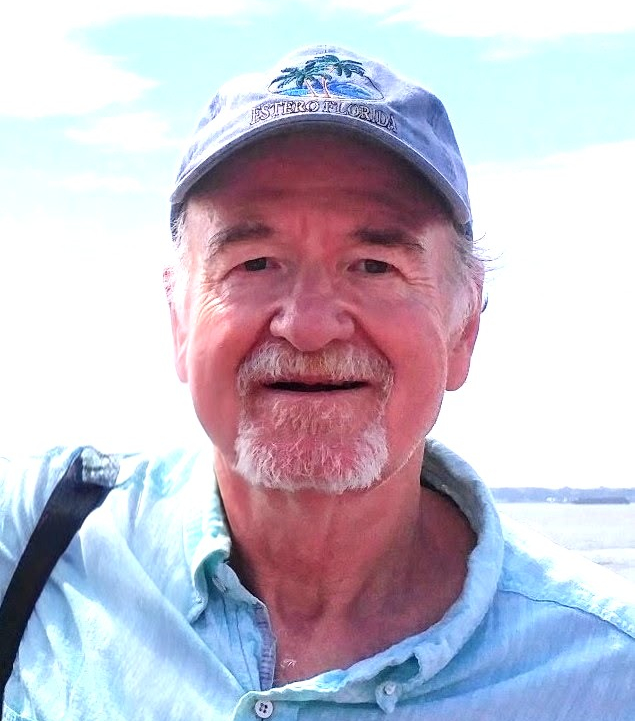UPDATE: New Haven’s municipal election is facing a significant lack of competition as just seven out of 30 alder seats are contested, raising urgent concerns about voter engagement and political participation. With early voting underway since October 12, 2023, only 928 residents have cast their ballots so far, signaling a quiet election cycle that may impact decision-making at local levels.
Incumbent mayor Justin Elicker is running against Republican challenger Steve Orosco, but observers predict no major upsets. “Elicker is a comfortable incumbent,” noted Douglas Rae, a Yale political scientist. “A mayor has to really screw up to make it worthwhile to go after him.” This sense of predictability contributes to low voter interest, as many New Haveners feel disillusioned.
Historically, turnout in New Haven municipal elections is low, with only 24.5% of eligible voters participating in the last election. This figure is concerning when compared to suburban areas where participation exceeds 50%. Patricia Rossi, president of the New Haven League of Women Voters, explains that the lack of competitive races leads to apathy among voters. “People don’t understand what’s at stake in municipal elections,” she stated.
Since the last municipal election in 2023, the number of active voters in New Haven has surged by over 17%, reaching 61,764—the highest in a decade. Yet, this increase has not translated to voter engagement in the current cycle. The absence of vigorous competition, coupled with a pervasive sense of indifference, poses a challenge for political mobilization.
Rae highlights that the enduring dominance of the Democratic Party in New Haven has led to a predictable electoral landscape, diminishing the excitement around local races. “The last time there was any real doubt about which party would control the mayor’s office was just after World War II,” he added.
While the election may seem uneventful, critical issues simmer beneath the surface, including housing, gentrification, and local development. Discussions around zoning regulations for the downtown business district are ongoing but lack public engagement. Rae noted, “These issues are not discussed in any dramatic way, but they are very much alive.”
Rossi emphasized the importance of local elections, stating, “Who the mayor is, who your alder is, affects whether there’s going to be a park, whether there’s going to be a bus that stops in front of your door.” She urged residents to recognize the power of their votes, lamenting that many believe their participation is futile.
Even as voter participation dwindles, other Connecticut cities are facing similar challenges. In the 2023 municipal election, less than 20% of registered Bridgeport voters and 13.7% of registered Hartford voters turned out. In contrast, suburban towns like New Canaan and Greenwich have consistently seen higher turnout rates.
As election day approaches, the specter of former President Donald Trump looms large. Elicker has been vocal in opposing Trump’s policies, framing his campaign as a stand against the former president’s values. This dynamic adds an unusual layer to an otherwise quiet election cycle, yet it remains to be seen how this will influence local voter sentiment.
With election day fast approaching, New Haven’s residents are encouraged to participate actively. The low energy surrounding this year’s elections highlights a critical need for civic engagement. As the city navigates these uncharted waters, the question of how to ignite voter interest remains paramount.
For updates on New Haven elections and more, subscribe to our newsletter.

